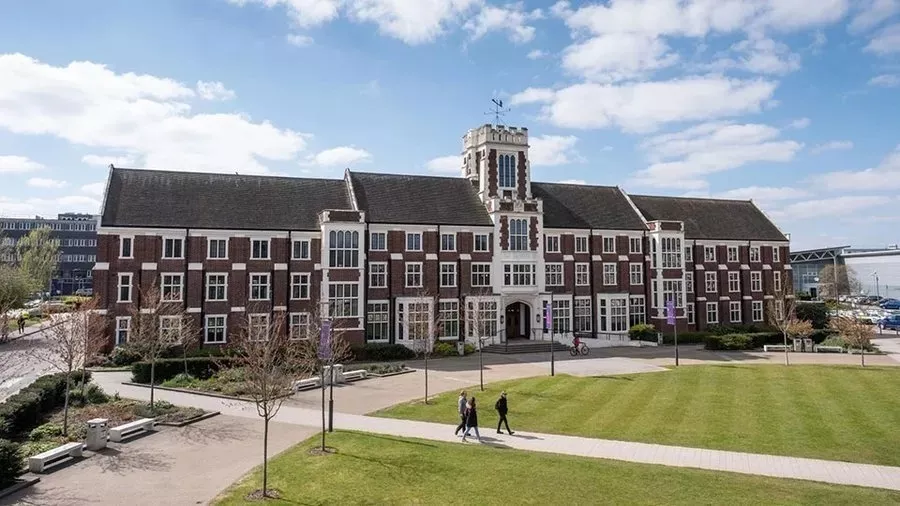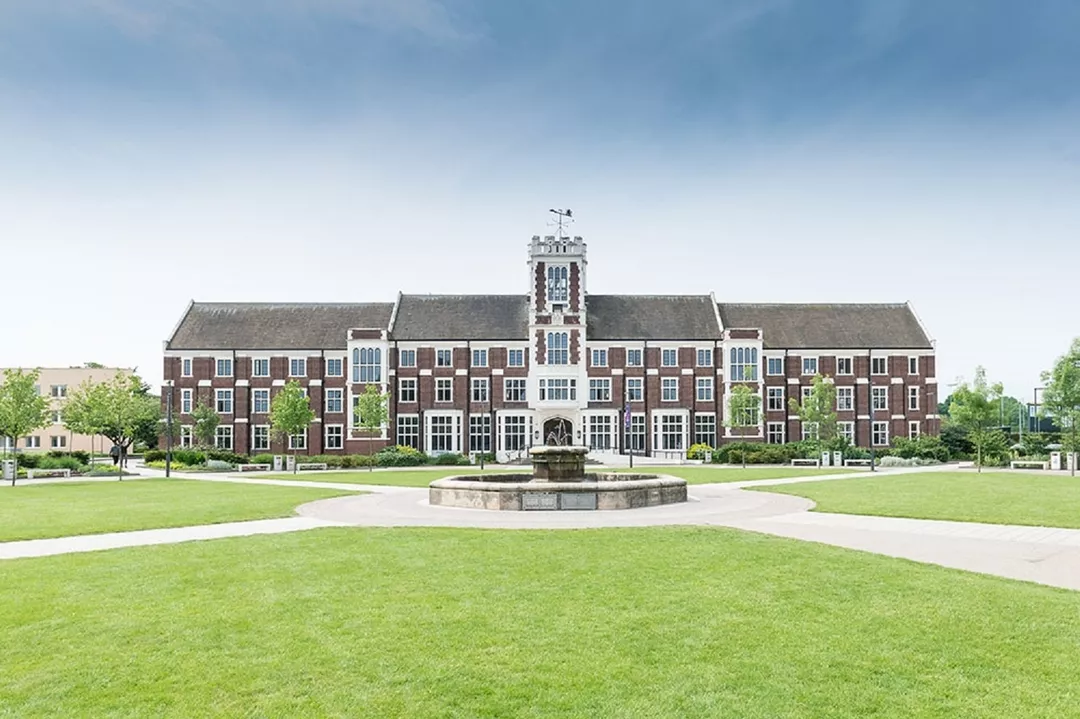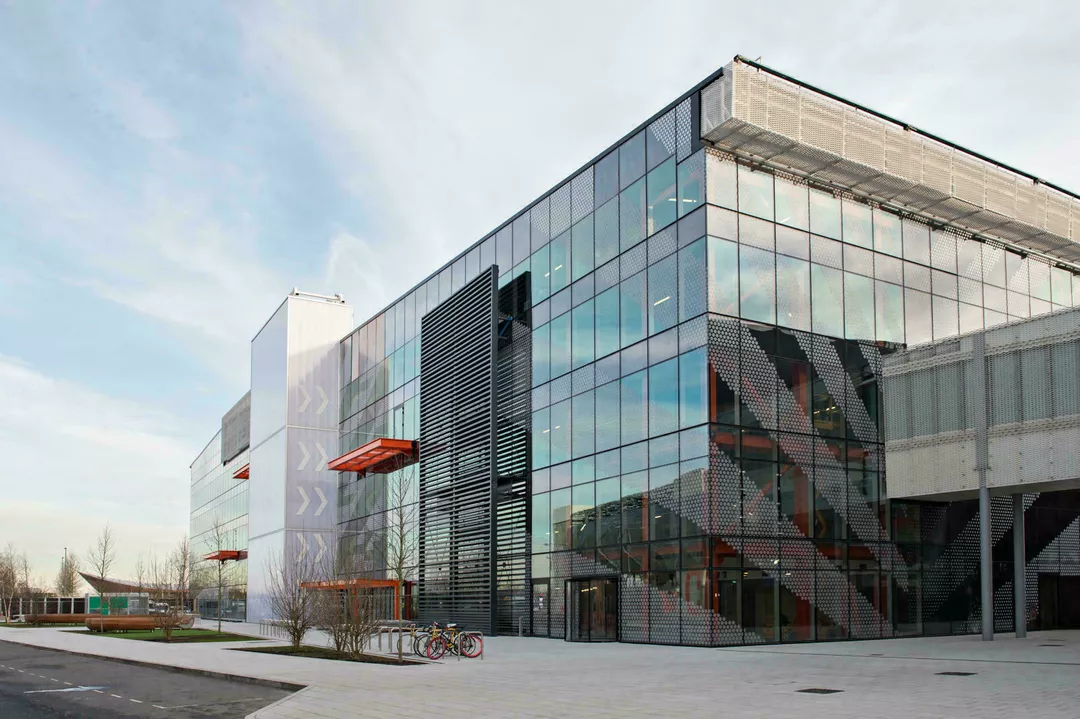-
hello@abroadcube.com
Mail us
-
Call For Help:
98779 83783
-
Whatsapp Us
70090 34921
Engineers with a good knowledge of telecommunications are much sought after and careers in this industry offer both high rewards and opportunities to work on the latest technical advances, which Loughborough's MSc in Telecommunications Engineering prepares students for. The specialised curriculum will equip students with the skills and knowledge needed to design and develop next generation telecommunication systems. As fresh technologies emerge in this ever-expanding field, students will have the essential formal theory and confidence in their practical skills to support their long-term career development.
Students will use professional network performance measurement equipment during the programme. Experimental work on network performance measurement and network abuse detection is undertaken with a testbed that may be used in appropriate projects.
The programme is regularly updated to accommodate scale, data-rate and security changes. Core study areas include advanced telecommunications techniques, communication networks, software defined radio, network security, communications channels and a specialist research project, supervised by experts in the field. Optional study areas include antennas, multimedia and communication networks and information theory.
The MSc Telecommunications Engineering is delivered by experts in the field who are research active and known for their work and contributions to the discipline.
| Level | Masters |
| Discipline | Engineering |
| Duration | 12 months |
| Intakes | Oct |
| Application Fees | GBP 0 |
| Tuition Fees | GBP 23500 |
| Campus | Loughborough |
| Language proficiency (minimum) | |
| IELTS | 6.5 |
|---|---|
| TOEFL | 92 |
| PTE | 62 |
| Duolingo | 110 |
| Exam proficiency (minimum) | |
| SAT | Not Required / Waiver |
|---|---|
| ACT | Not Required / Waiver |
| GRE | Not Required / Waiver |
| GMAT | Not Required / Waiver |
Minimum GPA - 75%
QS Quacquarelli Symonds is the world’s leading provider of services, analytics, and insight to the global higher education sector, whose mission is to enable motivated people anywhere in the world to fulfil their potential through educational achievement, international mobility, and career development.
THE (Times Higher Education) has been providing trusted performance data on universities for students and their families, academics, university leaders, governments and industry, since 2004. We create university rankings to assess university performance on the global stage and to provide a resource for readers to understand the different missions and successes of higher education institutions.
The Academic Ranking of World Universities (ARWU) was first published in June 2003 by the Center for World-Class Universities (CWCU), Graduate School of Education (formerly the Institute of Higher Education) of Shanghai Jiao Tong University, China, and updated on an annual basis
The "Webometrics Ranking of World Universities" is an initiative of the Cybermetrics Lab, a research group belonging to the Consejo Superior de Investigaciones Científicas (CSIC), the largest public research body in Spain. CSIC is among the first basic research organizations in Europe. The CSIC consisted in 2006 of 126 centers and institutes distributed throughout Spain.



